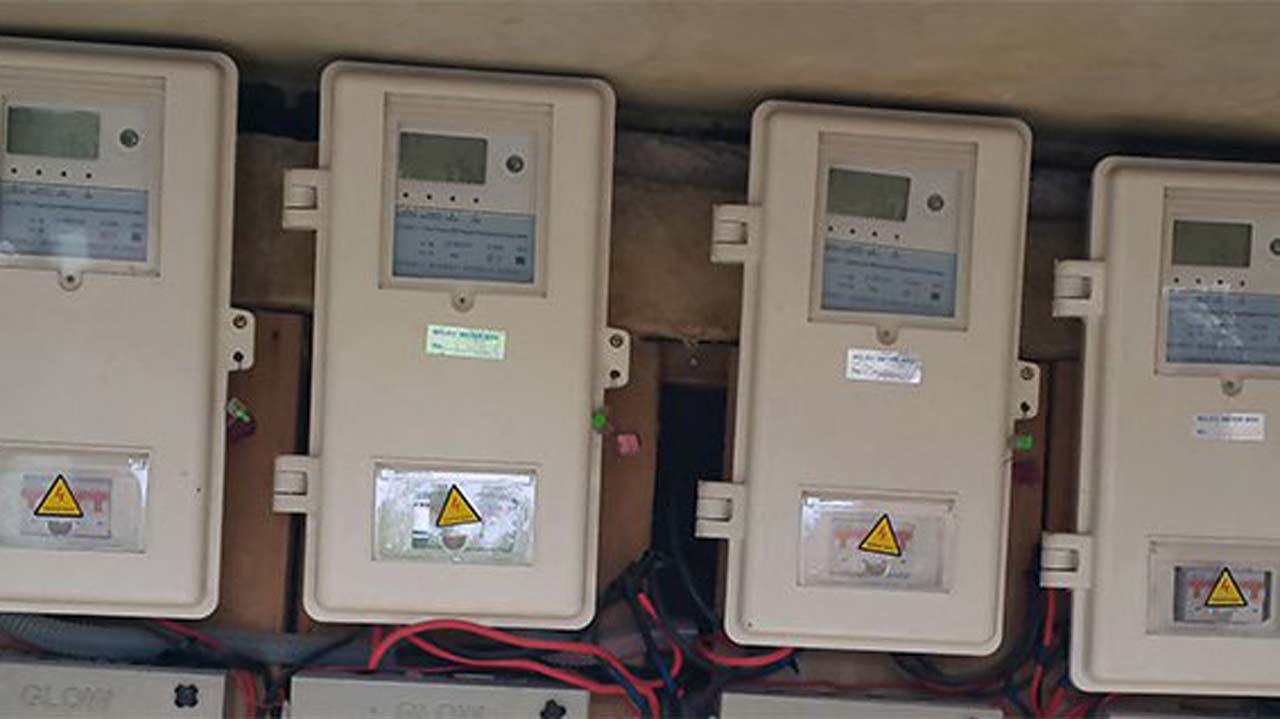A scenario that may sound like Nigeria’s experience in oil economy 57 years ago is likely to play out in Ghana.
Otherwise, a Ghanaian Senior Research Fellow, Institute of Economic Affairs (IEA), Professor John Asafu-Adjaye is querying a decade after oil discovery in Ghana, saying “The commodity’s revenue generation developmental impacts so far are questionable”.
By his assessment, “The fact that some of the revenue generated from oil had been saved for future generations, and it had increased exports and improved the trade balance; it had added very little to economic growth, and by extension, employment and poverty alleviation”.
Prof Asafu-Adjaye said this in his presentation in Accra, during a roundtable organised by the IEA on the theme: “A Decade after Oil Discovery in Ghana: The Economic Impacts and Policy Implications.”
However, the presentation sought to address the economic impact of oil production so far, the extent to which Ghanaians are benefitting and what can be done to enhance the developmental impacts of oil and gas production.
In 2007 a substantial discovery was made by Kosmos Energy LLC in the Gulf of Guinea’s Tano Basin with recoverable reserves of more than 600 million barrels of oil an upside potential of 1.8 billion barrels.
First oil was in November 2010 with an initial output of 25,000 barrels of oil per day.
Prof Asafu-Adjaye said Ghana had therefore, experienced six years of oil production, a decade after the discovery.
He said since the Jubilee discovery, 25 other discoveries of oil and gas condensates had been discovered in the Deep Water Tano and West Cape Three Points Blocks, but little or nothing is there for Ghanaians’ to feel after all.
The Don was of the view that these include the Tweneboa, Enyenra, Ntomme (TEN) and the Sankofa-Gye Nyame (SGN) oilfields. Oil production from TEN commenced in August 2016 and is expected to plateau at 76,000 bopd between 2017 and 2020.
Prof Asafu-Adjaye said oil and gas production at the SGN field in the same area was expected to commence in 2018 and that over the next five years Ghana was expected to produce 250 million standard cubic feet of gas per day (MMscfd) and 190,000 Barrels Of Oil Per Day (BOPD).
He said although modest by international standards, these discoveries confirm Ghana’s potential to establish a hydrocarbon industry.
Prof Asafu-Adjaye said the resolution of the International Tribunal for the Law of the Sea (ITLOS) Boundary dispute with Cote d’Ivoire in favour of Ghana now means these developments could proceed with certainty.
On the question whether Ghanaians were getting the best out of the oil find, Prof Asafu-Adjaye answered no.
According to him, oil had, however, made some minimal impacts on output and job creation due to weak linkages between the oil sector and the rest of the economy.









